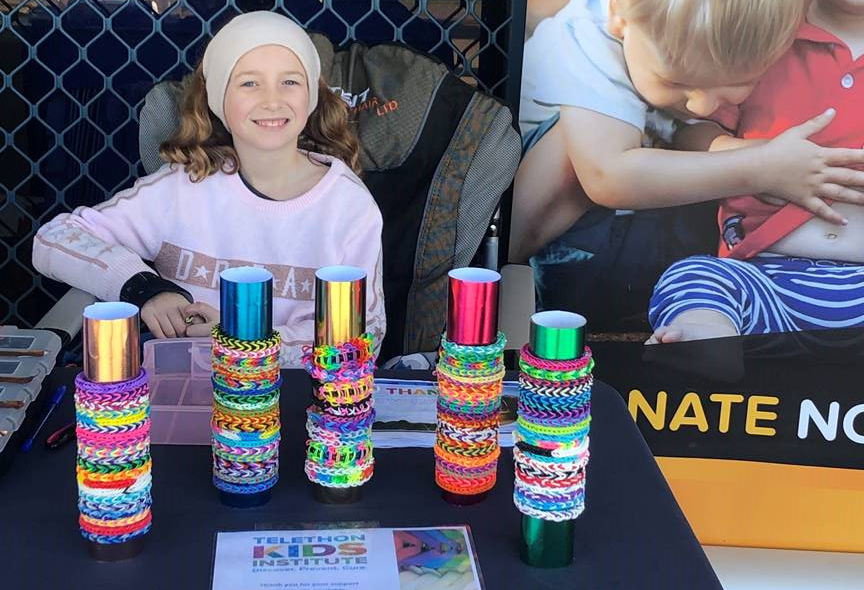Search

News & Events
Community bands together to create a brighter future for our kidsTen-year-old Isabelle decided to make and sell loom band bracelets to raise money for The Kids Research Institute Australia.

Get your workplace and colleagues involved
Your help could be crucial to our autism research

The Kids Research Institute Australia has an ongoing commitment to the development of our people, and our award-winning Emerging Leaders Program aims to foster the next generation of Institute leaders.
The Kids Research Institute Australia is currently in the process of implementing a new recruitment system. Please click the link below to view and
The Opportunity This is an opportunity for a Senior Research Officer experienced in conducting epidemiological and applied research, grant
The Opportunity CoLab is a partnership between The Kids Research Institute Australia and the Minderoo Foundation. CoLab's mission is to bring
The Opportunity This opportunity is within the Neonatal Research Group at The Kids Research Institute Australia. Our core medical and clinical
research assistant bunbary child health
Admin assistant
